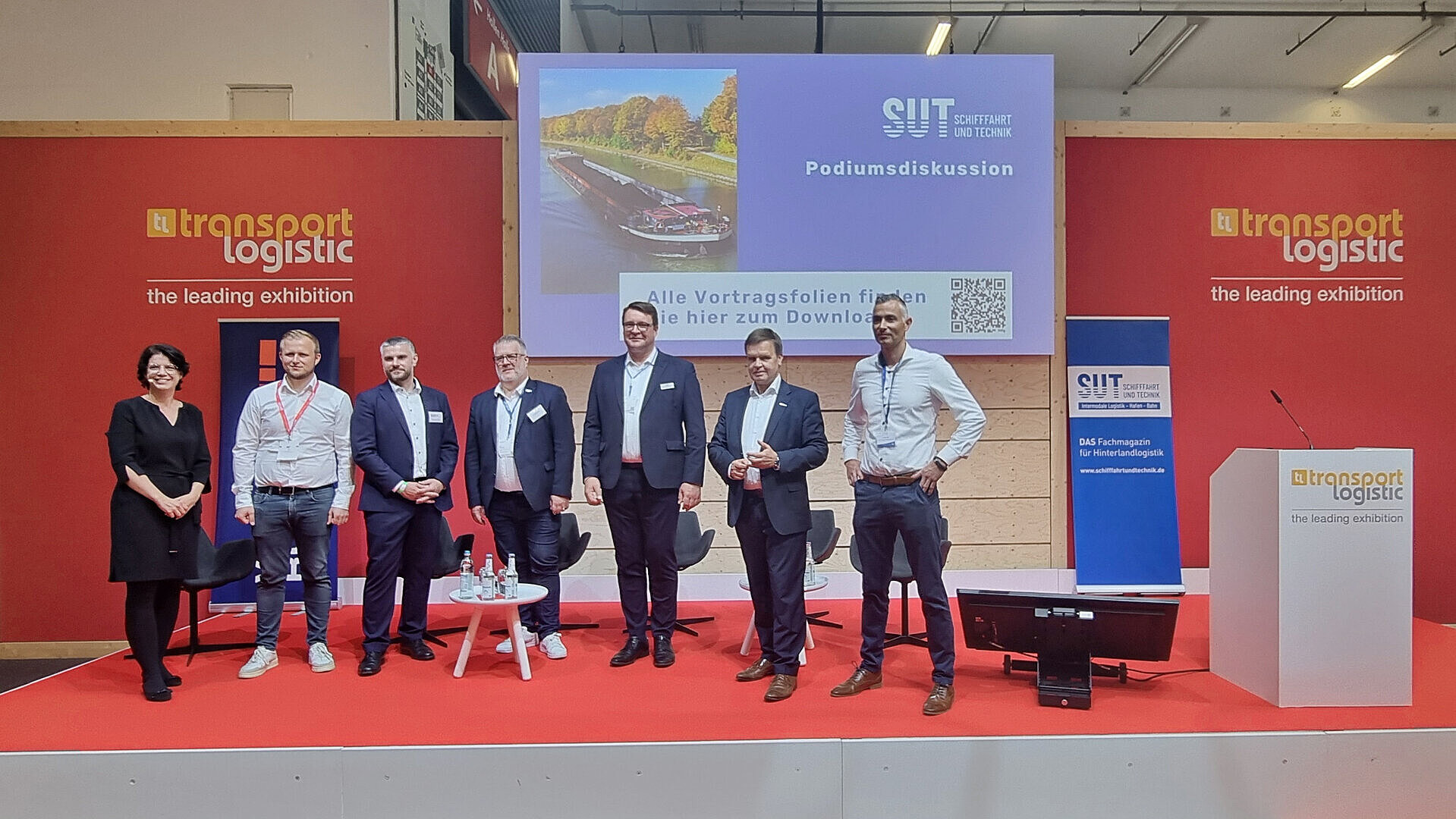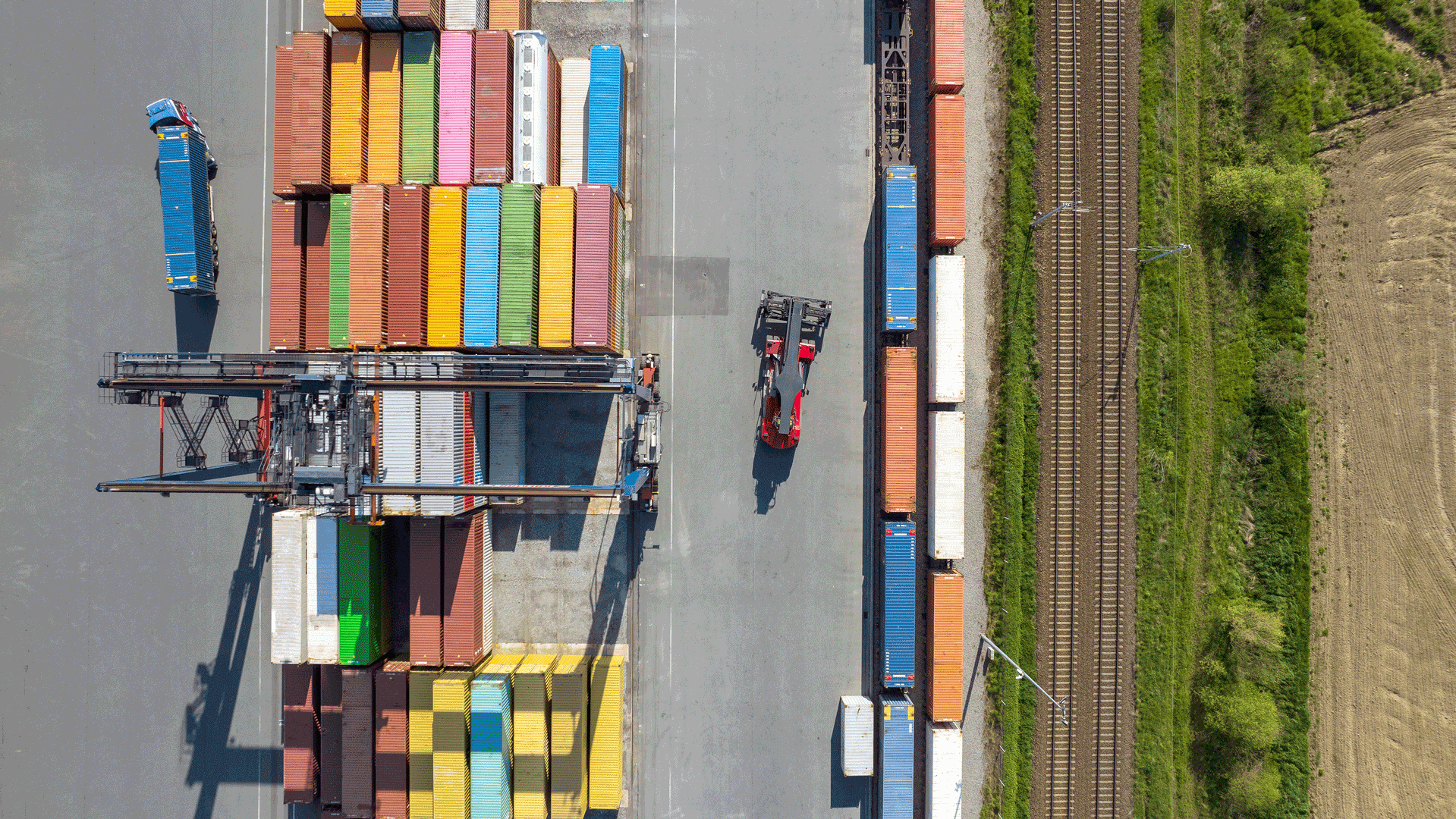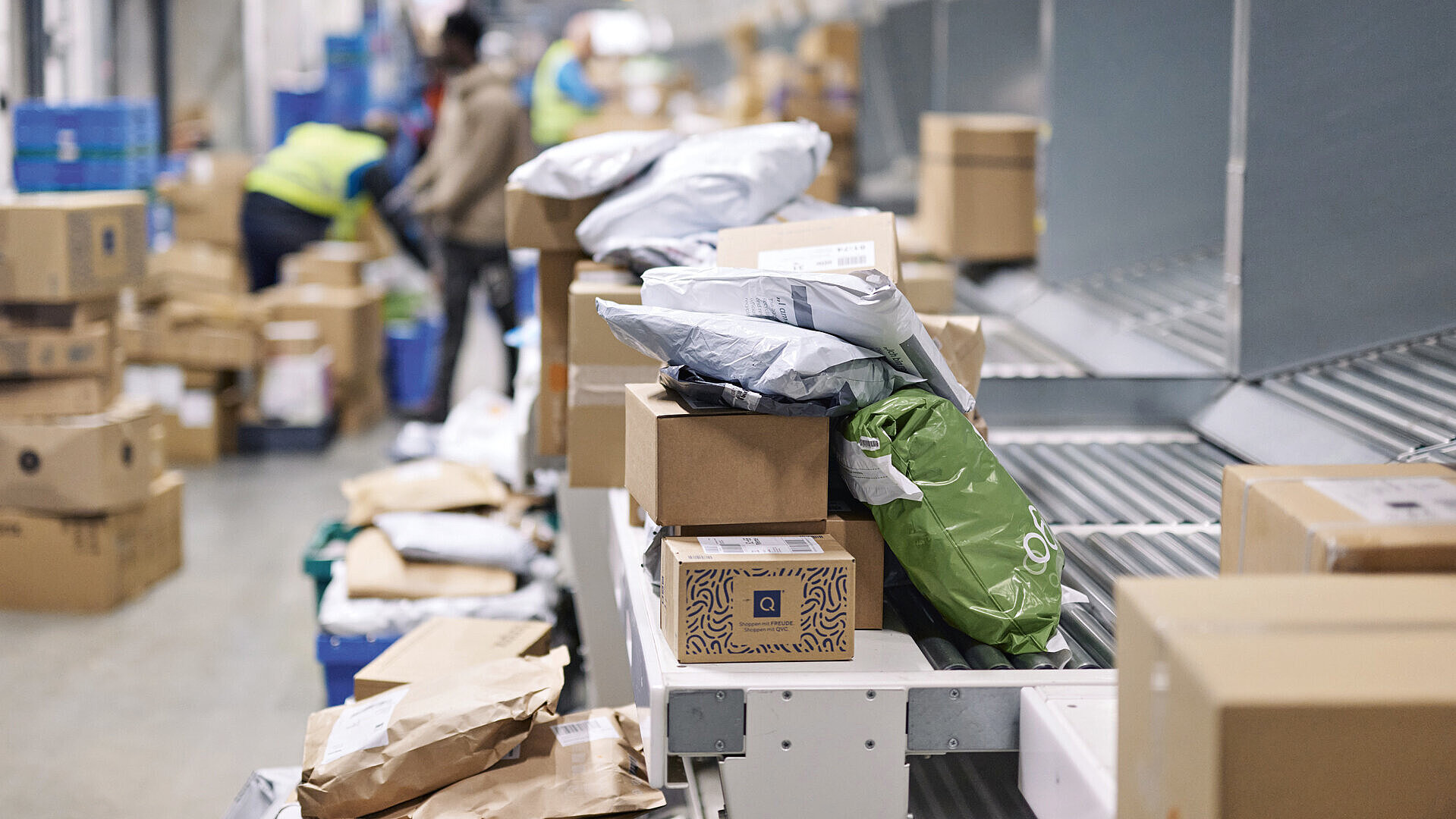
Inland shipping can achieve a great deal

In the coming years, more than 40 busy rail corridors across Germany will be completely modernized. Deutsche Bahn’s aim is to improve quality, punctuality and reduce disruption. Both passenger and freight traffic should benefit from this in the long term.
Joachim Zimmermann, Managing Director of Bayernhafen GmbH & Co. KG, outlined the problems for freight traffic in his brief introductory presentation. According to him, there are hardly any alternative routes for some of the affected routes, and if there are, they are usually already overloaded anyway.
This is a major problem, especially for medium-sized companies, such as agricultural businesses, which are affected by route closures lasting several months. He hopes that this situation will lead to closer cooperation between the modes of transport. ‘However, neither inland shipping nor the rail transport companies are making any major efforts in this regard,’ Zimmermann states.
Tim Böttcher, Managing Director at Rhenus Partnership Hanse, also sees one reason for this in the reputation of the mode of transport: ‘Inland shipping companies don’t want to be a stopgap solution or a backup for the railways,’ says the Managing Director at Rhenus Partnership Hanse, and advocates communication on an equal footing. ‘Inland shipping can achieve a great deal.’
More investment in the waterways
Clemens Bochynek, Managing Director of the Studiengesellschaft für den Kombinierten Verkehr (SGKV), agrees: ‘The potential is there. Goods that are not time-critical and bulk goods in particular should actually be transported on waterways if possible. However, the prerequisite for this is that the waterways are also kept up to date technologically. This is where I would like to see more commitment from politicians.’ Bochynek is supported on this issue by Daniel J.J. Bell from the Netherlands. The former bargeman and current Head of Fleet at Kühne + Nagel Euroshipping points to his home country, where locks can now be operated quickly and easily using an app.
Networked thinking in transportation
‘When it comes to transportation, we need to think more in terms of networking,’ says Sebastian Doderer, Managing Director of Neccoss – Neutral Container Shuttle System. Roads, canals, rivers and railroads all have their advantages. And there will be even more limiting factors in the future – the keywords are driver/skilled worker shortages and CO2 emission regulations. ‘So it will also depend on the interfaces. That’s why we need to exchange more information with each other.’
Felix Kunath, Executive Director of the Full Truck Loads business unit at Gruber Logistics, agrees: ‘As a logistics service provider, we don't really care how we transport our customers’ goods. The most important thing for us is that the goods are transported safely and reliably and that our customers are satisfied.’ (in)



